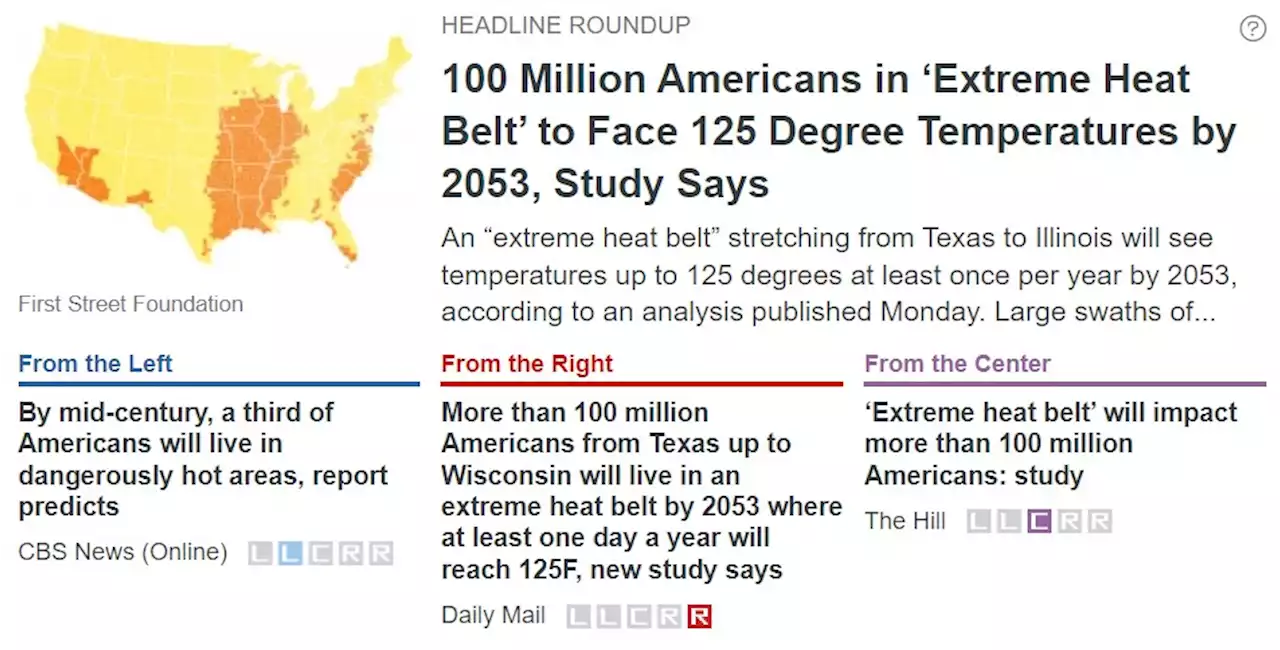'It is so naive for us to think that we are going to be able to adapt to this.'
Lastly, the study identifies how climate change weakens the human body’s ability to fight off pathogens. In the wake of a climate disaster, for example, humans may be forced to live in crowded, unsanitary conditions. A healthy supply of food would likely be unavailable, leading to malnutrition that leaves the body vulnerable to diseases.increase in weather-related disastersAll in all, this isn’t an obstacle that humans are going to easily overcome, according to scientists.
"The magnitude of the vulnerability when you think about one or two diseases — okay, sure, we can deal with that," Camilo Mora, lead author and associate professor in the Department Geography and Environment at UH Mānoa in Hawaii,"But when you're talking about 58 percent of the diseases, and 58 percent of those diseases can be affected or triggered in 1,000 different ways," he added.
Mora's outlook doesn't leave much room for optimism, but the hard truth of combating a climate crisis still stands: we must drastically reduce our emissions of greenhouse gases.
Österreich Neuesten Nachrichten, Österreich Schlagzeilen
Similar News:Sie können auch ähnliche Nachrichten wie diese lesen, die wir aus anderen Nachrichtenquellen gesammelt haben.
 Russian trolls fueled anti-vaccination debate in U.S. by spreading misinformation on Twitter, study findsRussian trolls aren't just tweeting about politics – they're spreading some dangerous misinformation about health
Russian trolls fueled anti-vaccination debate in U.S. by spreading misinformation on Twitter, study findsRussian trolls aren't just tweeting about politics – they're spreading some dangerous misinformation about health
Weiterlesen »
 BCG Vaccine for Tuberculosis Offers Covid-19 Protection, Study SuggestsA widely used tuberculosis vaccine protected people with type 1 diabetes from Covid-19, according to a study, further illustrating the potential immune-enhancing powers of the BCG shot
BCG Vaccine for Tuberculosis Offers Covid-19 Protection, Study SuggestsA widely used tuberculosis vaccine protected people with type 1 diabetes from Covid-19, according to a study, further illustrating the potential immune-enhancing powers of the BCG shot
Weiterlesen »
 Some spiders may enter REM sleep — and maybe even dream, study saysA new study suggests that jumping spiders might enter rapid eye movement sleep — a phase of rest associated with learning, memory consolidation and dreaming.
Some spiders may enter REM sleep — and maybe even dream, study saysA new study suggests that jumping spiders might enter rapid eye movement sleep — a phase of rest associated with learning, memory consolidation and dreaming.
Weiterlesen »
 Ancient asteroids are covered with popcorning pebbles, new study findsAsteroids aren't always as solid as they seem.
Ancient asteroids are covered with popcorning pebbles, new study findsAsteroids aren't always as solid as they seem.
Weiterlesen »
 100 Million Americans in ‘Extreme Heat Belt’ to Face 125 Degree Temperatures by 2053, Study SaysOver 100 million Americans will see 125-degree temperatures at least once per year by 2053, according to an analysis published Monday. See potential bias and similarities in coverage from CBSNews, DailyMail and thehill: ExtremeHeat ClimateChange
100 Million Americans in ‘Extreme Heat Belt’ to Face 125 Degree Temperatures by 2053, Study SaysOver 100 million Americans will see 125-degree temperatures at least once per year by 2053, according to an analysis published Monday. See potential bias and similarities in coverage from CBSNews, DailyMail and thehill: ExtremeHeat ClimateChange
Weiterlesen »
 A U.S.-Russia nuclear war could starve 5 billion to death, study saysSome two-thirds of the world could starve to death in the event of a nuclear war between Russia and the United States, according to a study published Monday. Soot would cloud out skies, collapsing harvests and leading to global famine, researchers wrote.
A U.S.-Russia nuclear war could starve 5 billion to death, study saysSome two-thirds of the world could starve to death in the event of a nuclear war between Russia and the United States, according to a study published Monday. Soot would cloud out skies, collapsing harvests and leading to global famine, researchers wrote.
Weiterlesen »
